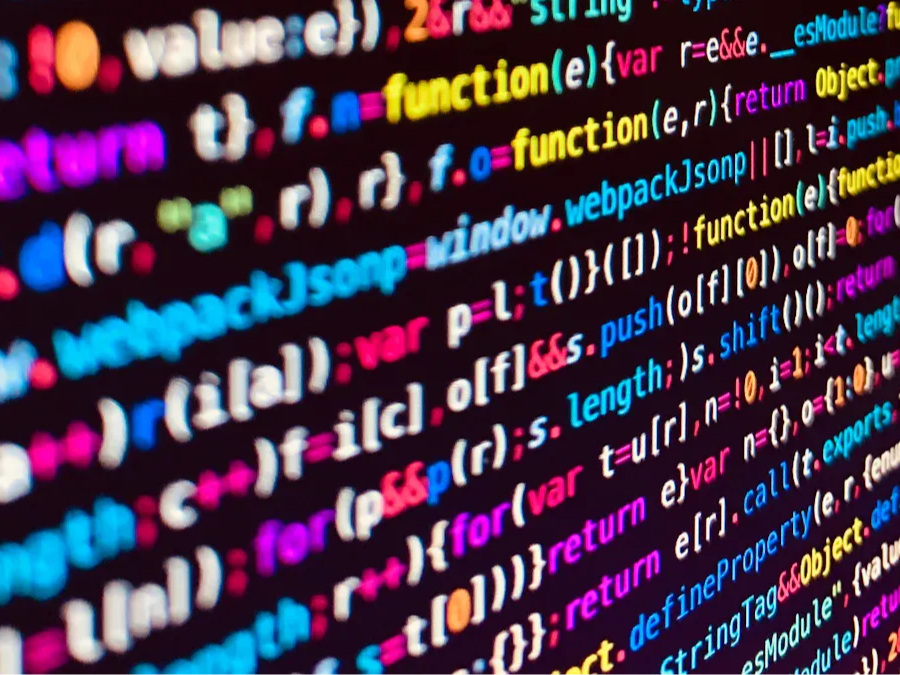Generalization is a core concept in machine learning that describes how well a model performs on new, unseen data beyond the training set. It measures the ability of a model to make accurate predictions or inferences on data it has never encountered before. During the training of a machine learning model, the model learns patterns from the training data. However, the training data is just a finite subset of the real world. To perform well in real-world scenarios, the model must have the ability to effectively apply the knowledge learned from limited training data to new, unseen data. This ability is known as generalization.
What is Generalization?
Generalization is a core concept in machine learning that refers to a model's ability to perform well on new, unseen data outside of the training data. In other words, it measures the model's ability to make correct predictions or inferences on samples that were not part of the training set. A model with good generalization ability can effectively apply the knowledge it learned from the training data to new, unseen data, which is key to achieving good performance in real-world applications. In short, generalization refers to a model's performance ability on data it has not encountered during training, meaning the model can maintain high accuracy on new data.
How Generalization Works?
The mechanism of generalization is a core theme in machine learning and cognitive science, involving how knowledge gained from limited experience can be applied to new, unseen situations. Generalization refers to a model's ability to perform well on new data outside of the training set. A model with good generalization capability can perform well not only on the training data but also maintain high accuracy on new, unseen data. Generalization is one of the key metrics for evaluating the performance of machine learning models, as it directly affects their effectiveness and reliability in real-world applications. Overfitting and underfitting are two major issues that impact model generalization. Overfitting occurs when a model performs well on the training data but poorly on test data, meaning the model has memorized the training data too much and fails to adapt to new data. Underfitting, on the other hand, occurs when the model performs poorly on both the training data and the test data, meaning it has failed to learn the underlying patterns in the data.
In psychology, the study of generalization theory traces back to concept learning and function learning. Concept learning involves how learned category labels can be applied to new instances, such as identifying a new breed of dog by learning from various dog breeds. Function learning involves learning the continuous relationships between inputs and outputs, enabling interpolation or extrapolation from observed data, such as predicting how much study time is needed to pass an exam. In computational models, generalization is achieved through two mechanisms: rule-based and similarity-based. Rule-based approaches use explicit assumptions about the structure of the environment to guide generalization, while similarity-based approaches rely on comparing new instances with previous examples. Both methods have unique advantages: rule-based approaches support quick knowledge transfer, while similarity-based approaches are flexible and simple.
Main Applications of Generalization
Autonomous Vehicles: Autonomous driving technology relies on machine learning models to handle various road situations and weather conditions. Generalization allows these models to make correct decisions in complex, unseen scenarios not present in the training data.
Natural Language Processing (NLP): In NLP, generalization allows models to understand and process previously unseen text data, including tasks like language translation, sentiment analysis, and text summarization.
Computer Vision: In tasks such as image recognition, object detection, and image segmentation, generalization is crucial to a model's performance. The model needs to accurately recognize and classify objects in new, unseen images.
Recommendation Systems: Generalization is used to predict user preferences and provide personalized recommendations. These systems are trained on large user data and then make predictions for new users or items.
Healthcare and Medicine: In the medical field, generalization is critical for disease diagnosis, drug discovery, and patient monitoring. Models need to make accurate predictions on new patient data.
Financial Systems: Generalization is crucial for tasks like stock market prediction, credit risk assessment, and fraud detection. Models need to make accurate predictions under new market conditions.
Challenges of Generalization
The future challenges of generalization include, but are not limited to, the following aspects:
Data Bias: Training data often does not perfectly represent all possible input scenarios. For example, certain categories may have more samples than others, or specific data from certain scenarios may be missing, causing the model to be biased toward certain data distributions, leading to poor performance on new data.
Data Labeling Issues: Obtaining high-quality labeled data is a bottleneck in training deep learning models. Labeling data often requires expert manual input, which is costly and may not cover all possible scenarios and variations.
Model Complexity: Complex models may overfit the training data, leading to poor performance on unseen data. Overfitting refers to the model performing perfectly on training data but failing to generalize to new data.
Training Strategies and Methods: Inappropriate loss functions, optimization algorithms, or regularization methods can lead to poor generalization performance.
Cross-modal Generalization: Applying learned patterns from one type of data (such as images, text, or audio) to another data type.
Large-Scale Data Processing: With vast amounts of data, designing more efficient algorithms to accelerate the model training process is key. Traditional training methods like gradient descent often lack efficiency and convergence speed when handling large-scale data.
Knowledge Transfer: Transferring knowledge effectively from one domain or task to another is a complex issue.
Data Scarcity: In fields like medical diagnosis, high-quality labeled data is very scarce, requiring models to learn effectively with limited data.
Zero-shot Learning: In zero-shot learning scenarios, the model needs to classify categories it has never seen before based on previously learned concepts.
Future Prospects of Generalization
The future of generalization is promising, with the ongoing advancement of artificial intelligence, especially in the development of large models. Enhancing generalization capabilities will be a key focus of research. The future of generalization development spans multiple dimensions, including technological progress, industry applications, ethical regulations, and energy efficiency optimization. As large model technology advances, improving generalization abilities will be crucial for broader and deeper applications. Moreover, as AI technology becomes more widespread and commercialized, issues such as industry regulation, ethics, and sustainable development will require more attention. The future of the large model industry will undergo deeper transformations and developments.








